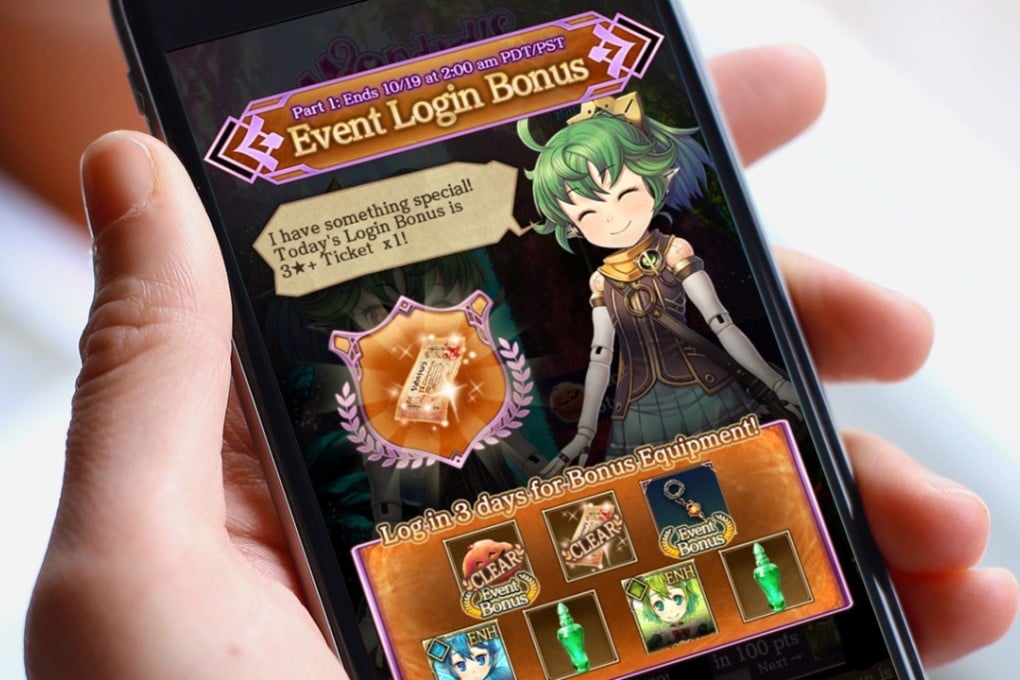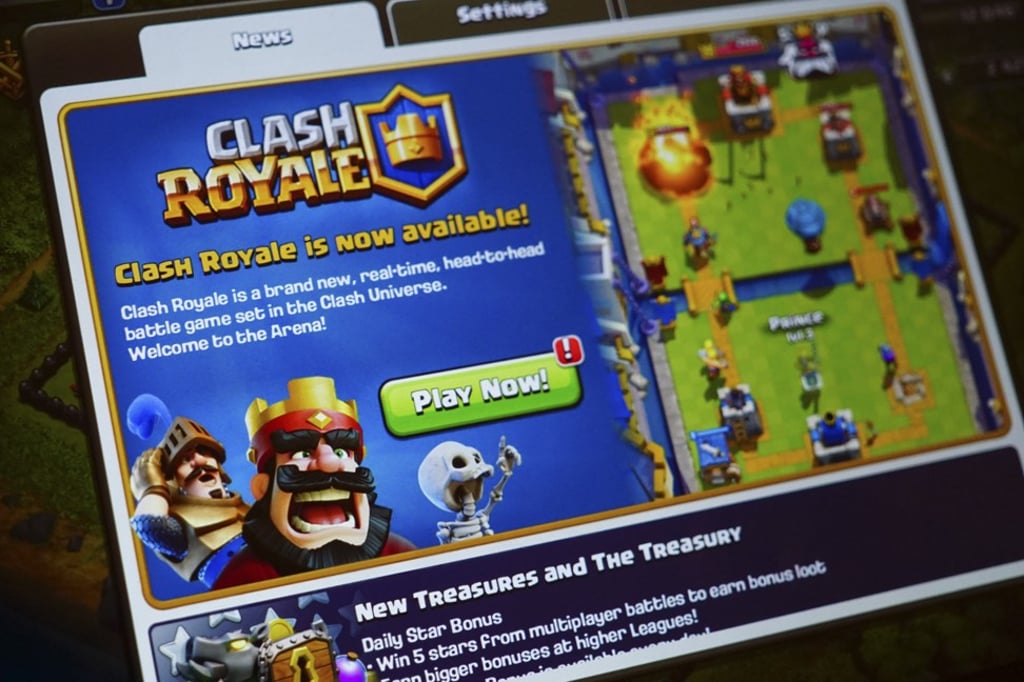How free-to-play games are data mined to profile players and keep them hooked – and spending
More game makers are relying on deep-learning algorithms and AI to develop strategies that, like Google and Facebook’s targeted advertising, build psychological profiles to help influence player behaviour and purchases

In today’s gaming industry, titles like Clash Royale and Pokémon Go are free for most people because there exists a small number of players willing to pay for extras like special weapons and more lives. Game developers have to strike a delicate balance in this free-to-play model between drawing the masses and encouraging big spenders – and they need both for a successful title.
Silicon Studio is trying to help by providing game makers with deep-learning algorithms to create what amounts to a psychological profile of each player. The Tokyo-based company’s software predicts how long people will play, what levels they might achieve, how much money they might spend and on what. Even more important, the technology lets game creators mould player behaviour to keep them hooked.
Why I spent thousands of Hong Kong dollars on a ‘free’ mobile game
“Game data is perfect for studying human behaviour,” says África Periáñez, chief data scientist at Silicon Studio and a former nuclear physicist at the European nuclear research organisation CERN. “It’s going to change the industry, change the direction of personalised games.”
The machine-learning software, called Yokozuna Data after the highest rank in sumo wrestling, is proving a draw for game makers. Three publicly traded Japanese publishers and a South Korean developer have signed up to use the product, Periáñez says, declining to give their names because of confidentiality agreements.

The company is also in talks with large European publishers of massively multiplayer online (MMO) role-playing games, according to Periáñez.